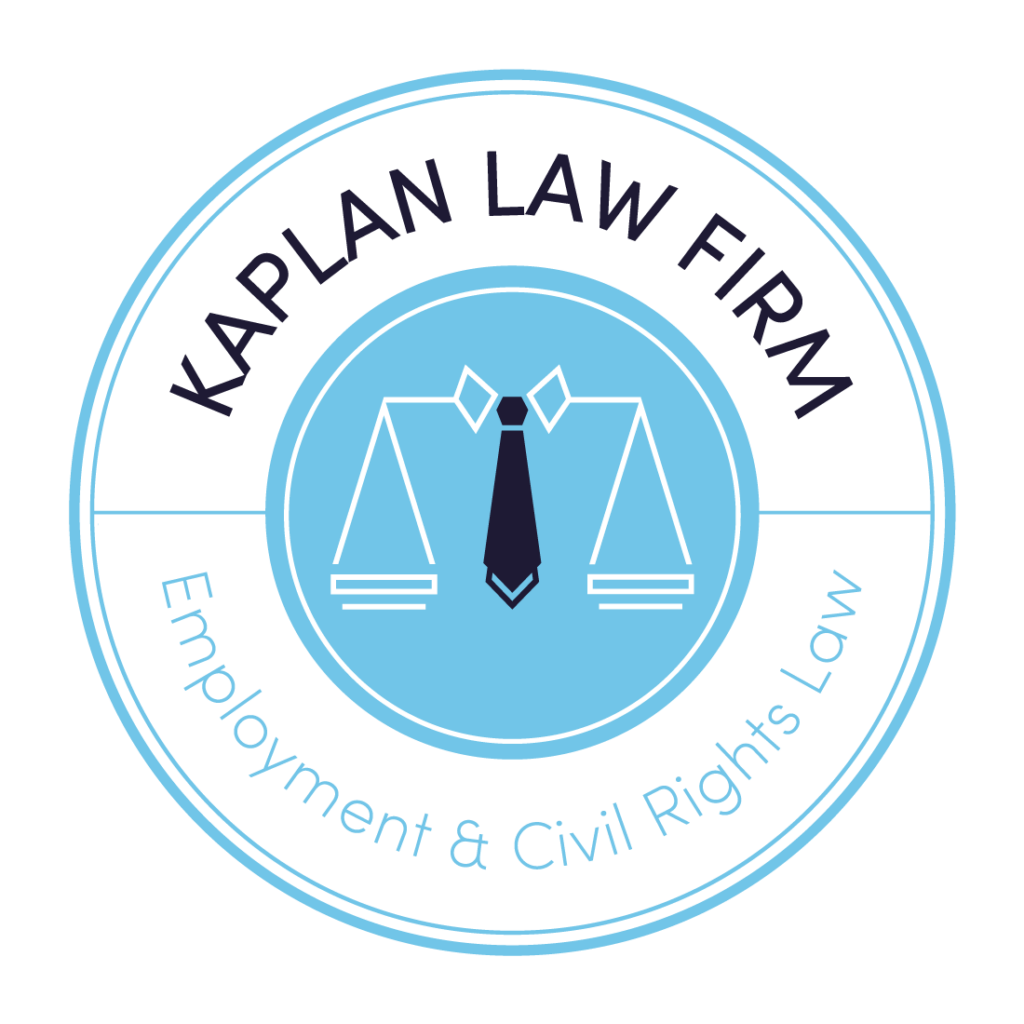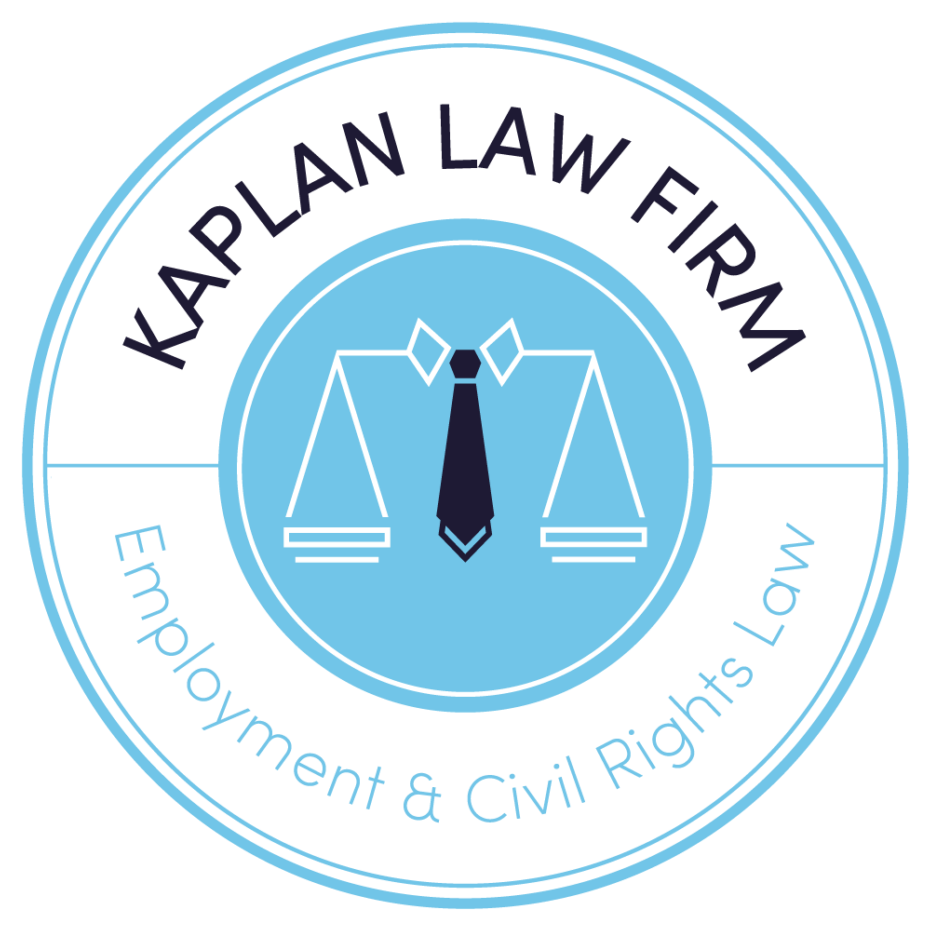New IRS Law Protects Whistleblowers
In an effort to modernize the IRS and improve taxpayer protections Congress passed the Taxpayer First Act (TFA), which went into effect July 1, 2019.
The TFA expands protections for taxpayers and provides critical expansion of safeguards for whistleblowers. The outcome: this new law strengthens the ability of whistleblower employees to blow the whistle about tax fraud in their workplace.
What actions are protected? The TFA protects complaints about tax fraud and reports of tax fraud. Whether you are communicating directly to the IRS, a supervisor, or just anyone working for your employer “who has the authority to investigate, discover, or terminate misconduct” you are protected from retaliation under the TFA. That means, if your employer fires you for reporting tax fraud, they broke the new law. The TFA provides protection for a broad range of disclosures to ensure a whistleblower may safely report violations of IRS rules or tax fraud. This includes a good faith belief that tax fraud occurred, even if it did not. This means that as long as an employee had an objectively reasonable belief behind the whistleblowing action, even if that is a mistaken belief, it is still protected by the TFA. In other words, you are protected against retaliation for blowing the whistle on tax fraud in good faith, even if it turns out the employer’s actions ultimately did not constitute tax violations.
Are all employees protected? As outlined in Section 1405(b), the TFA protects any employee who is the subject of retaliatory action by any “employer, officer, employee, contractor, subcontractor, or agent of such employer” as a result of lawful acts. These lawful acts include the provision of information, causing information to be provided, or assistance in an investigation with regard to tax noncompliance or tax fraud. Any employee could become a tax fraud whistleblower. The types of occupations in which someone is likely to discovery tax fraud in the workplace include: Controller, Founder, CEO, CFO, Vice President, Director of Sales, HR Director
What is my employer not allowed to do? Prohibited retaliatory action can include the discharging, demoting, suspending, threatening, harassing or in any other manner discriminating against the whistleblower. In other words, the employer is prohibited from taking revenge against a whistleblower by doing anything that would deter a reasonable employee from blowing the whistle.
What can I recover in a successful TFA whistleblower retaliation case? The TFA provides whistleblowers various forms of relief. If your employer fires you, the TFA allows for reinstatement to your job with all the benefits and pay raises you would have received had the employer not retaliation. The TFA also provides for twice your back pay (with interest), and unlimited damages for emotional distress and harm to reputation (called special damages under the TFA). You can also recover your legal fees and costs. These are some of the strongest available damages in an employment case, likely to encourage tax whistleblowers to come forward, and to discourage employers from punishing them for doing so.
If I think I have been retaliated against where do I start? If you think you are the victim of whistleblower retaliation, you should start by talking to a Texas Tax Fraud Whisteblower lawyer immediately. The next step after consulting with a Texas Fraud whistleblower attorney would be to file a claim with OSHA. From the initial date of retaliatory action you have only 180 days to file this claim. If you have been fired for blowing the whistle, you cannot afford to wait before reaching out to a fraud-fighting attorney. Time is of the essence in these claims.
Forced arbitration? Not today. TFA retaliation claims are exempt from mandatory arbitration.
Rewards? The TFA also sets up a reward system for fraud reports that result in significant recovery of unpaid taxes by the IRS. Under 26 USC § 7623(b), the IRS Tax Fraud Whistleblower Reward Program, the IRS is required to award you 15% to 30% of proceeds collected from tax fraud or underpayments as a result of your successful tip. However, the statute only requires payment if the IRS recovers proceeds exceeding $2,000,000 – including tax underpayments, penalties, and interest. In 2018 alone, the IRS collected $1.441bn in taxes, penalties, and interest from tax cheats thanks to whistleblowers, and the IRS rewarded 217 separate informants with a total of $312,207,590. The IRS is particularly interested in reports of unreported accounts, unreported income, and tax shelters.
Whistleblowers are protected against retaliation for reporting tax fraud to their bosses. If your employer is doing questionable things to avoid paying tax, blow the whistle. If you blew the whistle and believe your employer retaliated against you for it, you have the right to get help. The TFA may provide protection for your actions. Consult with an Austin whistleblower lawyer today to learn more about your rights.




